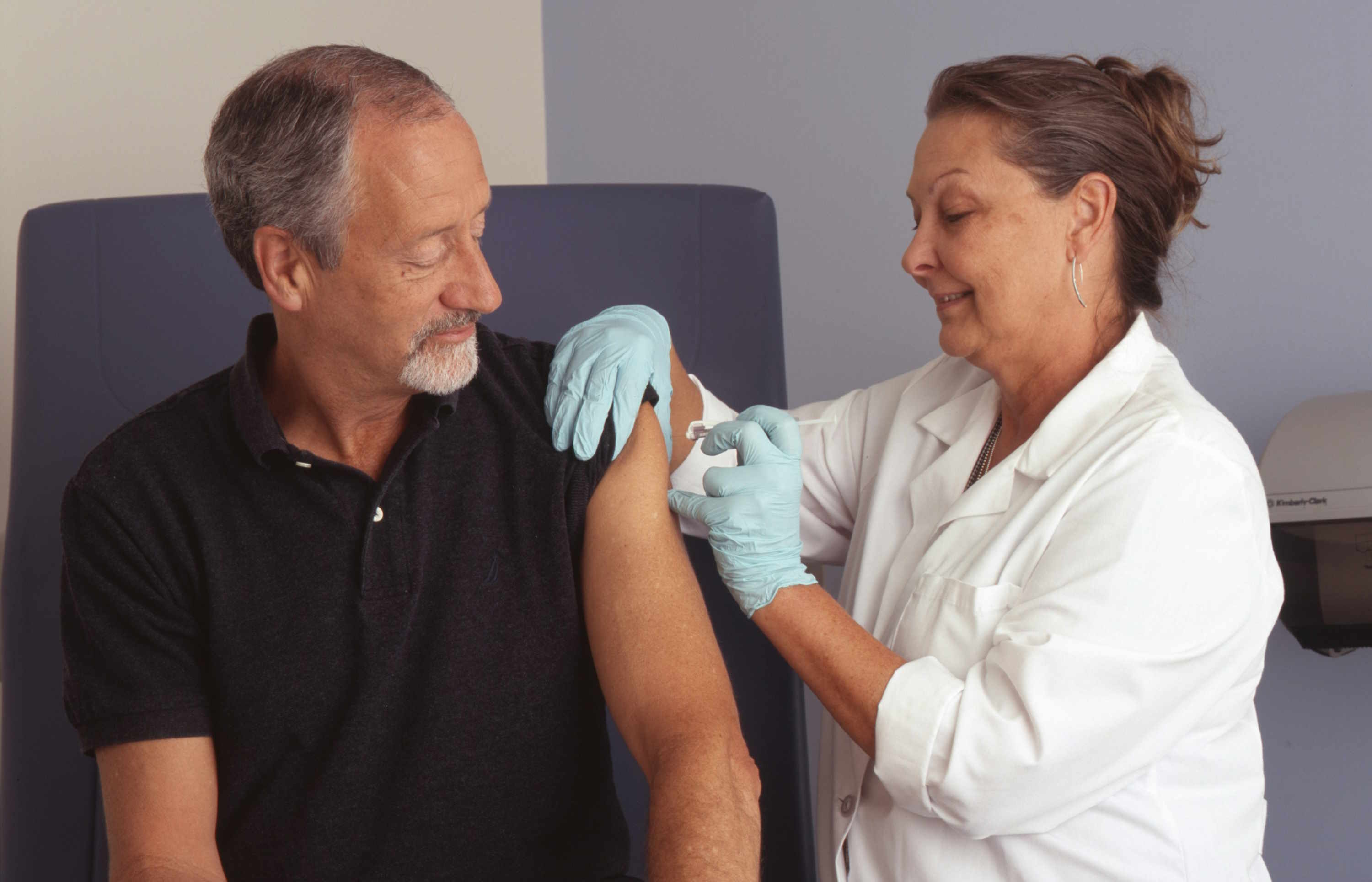Human Immuno-Deficiency - Here's What You Need To Know
HIV is short for human immunodeficiency virus. HIV infection can cause AIDS (acquired immunodeficiency syndrome). HIV is transmitted sexually but you can also contract the infection if HIV-infected blood enters your system. Women with HIV can also pass the infection on to their children during pregnancy or while breastfeeding. HIV infection advances in stages and AIDS is the final one. Not everyone with HIV gets AIDS.

Once someone is infected with HIV, it lasts a lifetime. It is not possible for the body to become completely free of HIV. But by paying attention to the early HIV positive symptoms, you can start timely treatment to control the spread of the infection.
Human Immuno-Deficiency – Unraveling the Facts You Need to Know
Understanding our bodies is crucial to maintaining good health. One key element of our health is our immune system, a complex network that wards off diseases and infections. But what happens when this system isn’t functioning properly? This article will delve into the realm of primary immunodeficiency, its symptoms, treatment, and its impact on adults.
Recognizing Primary Immunodeficiency Symptoms
Primary immunodeficiencies are disorders in which part of the body’s immune system is missing or doesn’t function properly. It often manifests in frequent infections, poor wound healing, and increased susceptibility to certain types of cancers. Symptoms can vary widely but often include recurring pneumonia, bronchitis, sinus infections, skin infections, or a family history of primary immunodeficiency.
How to Treat Primary Immunodeficiency
There is no one-size-fits-all treatment for primary immunodeficiency as the condition encompasses over 300 different disorders. However, the goal of treatment remains the same: to prevent or manage infections, improve immune function, and provide a good quality of life. Treatments vary from intravenous immunoglobulin (IVIG) therapy, antibiotics, growth factors, to bone marrow transplant in severe cases.
The Unique Challenges in Adults
Primary immunodeficiency in adults presents unique challenges. Often, they have been living with undiagnosed disease for years, leading to chronic damage. Diagnosis in adults is often delayed due to low awareness among physicians and overlapping symptoms with common ailments. Treatment, therefore, not only focuses on improving immune function but also managing long-term complications.
The Landscape of Immunodeficiency Treatment in the USA
In the USA, the landscape of immunodeficiency treatment is continually evolving with advances in genetic testing and personalized medicine. The Jeffrey Modell Foundation Network, for example, consists of 600 physicians in 86 treatment centers across the country dedicated to diagnosis, clinical care, and research of primary immunodeficiency.
Living with Primary Immunodeficiency
Living with primary immunodeficiency requires adjustments, but it doesn’t mean an end to normal life. With timely diagnosis and appropriate treatment, most individuals with primary immunodeficiency can lead healthy, normal lives. It’s crucial to maintain an open dialogue with healthcare providers, adhere to treatment plans, and adopt healthy lifestyle choices.
In conclusion, primary immunodeficiency, while challenging, is not impossible to manage. With advancements in medicine, individuals with this condition can lead fulfilling lives. Education and awareness are key in ensuring timely diagnosis and treatment.




